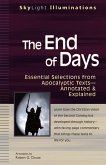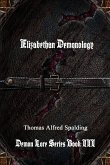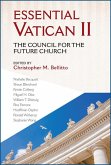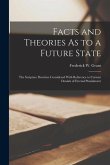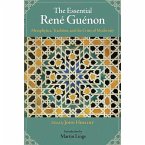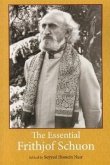This book was written to provide a reference to those who desire an essential overview of key elements in the practical application of Ifa. In reflecting on the reality that most students in Ifa and its sister traditions do not have the luxury of years of apprenticeship living with elders, which created an environment in which it was easier to memorize one's studies, like in the past. Sacred technology always has to be learned from an Elder, preferably within a community context so that the intention behind the rituals stay aligned with the tenets of Iwa Pele. The book is useful for researchers and students of Ifá, Orisha'Ifa, Santería, Afa, Vodou, Candomble, Palo, Kumina, Obeah, Quimbanda, Trinidad Orisha, Spiritual Baptist, Umbanda, Abakua, Abakuá, 21 Divisiones, Winti, and Nkisi; as well as other nature-based and esoteric traditions. Chapter 1 provides the names of the 256 Odus, the metaphysical principal they represent, the herbs associated with them, and the Orisha, Egun, or other Energies whom are speaking in the sign. Chapter 2 provides a description of the State of Consciousness that each of the Major Orisha embody. Chapter 3 provides an extensive list of herbs used in Ifa, in particular in the Americas. The list is arranged in alphabetical order of their scientific name. The Spanish name and the Yoruba of each are included as well. Chapter 4 provides a list of trees commonly used to make Palos. Baba Jaha Cummings is a researcher in the field of traditional African thought systems. In addition to his training at Dartmouth College, he has studied with traditionalists in Cuba and West Africa. He began his formal studies in Yoruba Language and Culture with Dr. Babatunde Lawal while at Dartmouth. He is the author of How to Rule the World: Lessons in Conquest for the Modern Prince; and co-author of Omowali: The Child Returns Home - Reconnecting Our Children With Their True Culture. Baba is the director of a research organization in Japan and conducts research and presents papers on youth & values formation, culturally-relevant education, spiritual counseling, and culture-based national planning at academic conferences annually. He is a Delegate to the G8 Religious Leaders Summit.
Hinweis: Dieser Artikel kann nur an eine deutsche Lieferadresse ausgeliefert werden.
Hinweis: Dieser Artikel kann nur an eine deutsche Lieferadresse ausgeliefert werden.


